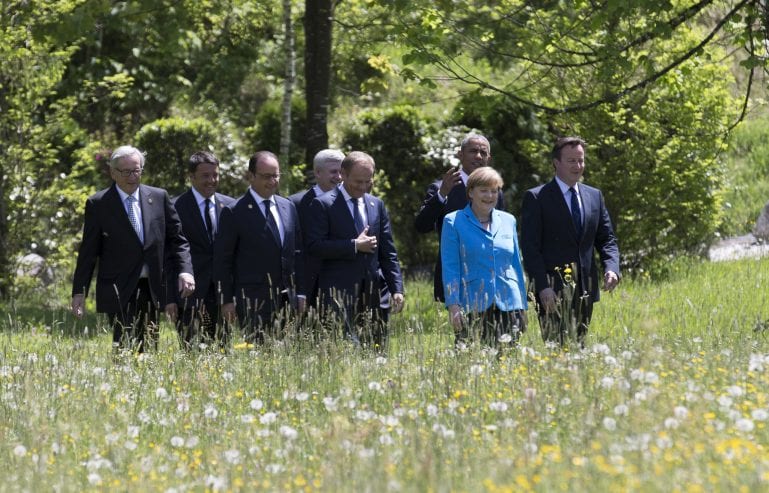10% Less Democracy by Garett Jones

How much democracy would you trade for better social outcomes? How much power would you take away from citizens to obtain bolder policies, lower inflation, and better utility prices?
These are questions that Jones wants readers to ask themselves, and his answer is clear: 10 percent. But what does 10 percent less democracy mean?
In this controversial, thought-provoking book, the author reminds us that advanced democracies already have well-regarded independent institutions (and by independent, he means undemocratic).
After all, in most stable polities isn’t the judiciary usually fiercely independent from both government and voters? At the supranational level, what about the European Central Bank? During the sovereign debt crisis this most independent EU institution provided a reassuring response to the sovereign debt crisis. Many still remember Draghi’s “whatever it takes” stance to save the Euro.
Jones suggests that longer terms for elected officials – say six years – would seem a low price to pay for better policymaking. This is the case, he argues, because they become less risk-averse in their last year in office to avoid upsetting small-minded constituents. But then, he goes on, why not give highly educated voters more of a say by indulging in some sort of qualification-based gerrymandering? Or, given that inmates are more likely to be poorly educated, why not strip them of their voting rights altogether even when they leave prison? Also, why don’t all advanced democracies have an upper house elected by the smart, rather than everyone?
All of this for the sake of better outcomes. But there are some questions that Jones leaves unanswered. After all, citizens who would lose out if his reforms were enacted are more likely to be poor, and in countries like the US, ethnic minorities.
To a degree, he seems to take democracy as a means toward better outcomes. However, for many, democracy is an end in itself – a guarantee against tyranny. A guarantee that all voices will matter. The rising populist projects gaining traction in advanced democracies has partly been a cry against voters’ sense of powerlessness. And this is dangerous to political stability and, therefore, economic outcomes.
If anything, Jones’ proposals are likely to strengthen these populist movements – with what cost to both democracy and the economy?

Gerard Dominguez Reig is a research manager at The Careers and Enterprise Company. He holds a master’s degree in social policy from the London School of Economics and from 2012 to 2015 was a district councillor in Barcelona for the Catalonia Green Party.